February 20, 2018
Open plan offices are distracting and reduce rather than improve productivity, says report

Open, collaborative work environments have been hailed as a boost to collaboration and performance, but since individual tasks that require high levels of concentration and minimum disruption still account for over half of the typical working day, noise and distraction within open plan workplaces prevent employees from focusing properly and may reduce productivity, claims a new report. According to research by Unispace, 60 percent of the average working day is devoted to individual task-focused work; 25 percent to collaboration, 7 percent to socialising and the same for learning. The research found that the issue of noise has actually become much worse over the last 12 months, with more workers complaining compared to the same research conducted in 2016. Survey respondents flagged noise (15 percent) as the primary cause of inefficiency during the working week, a number that has risen by four per cent in just 12 months. Second to this was a lack of quiet areas (13 percent), a lack of privacy (9 percent) and 7 percent felt that the temperature and air quality of their office was also a factor. The findings come as part of Unispace’s research of more than 11,000 workers in a global study of working practices and workplace design.







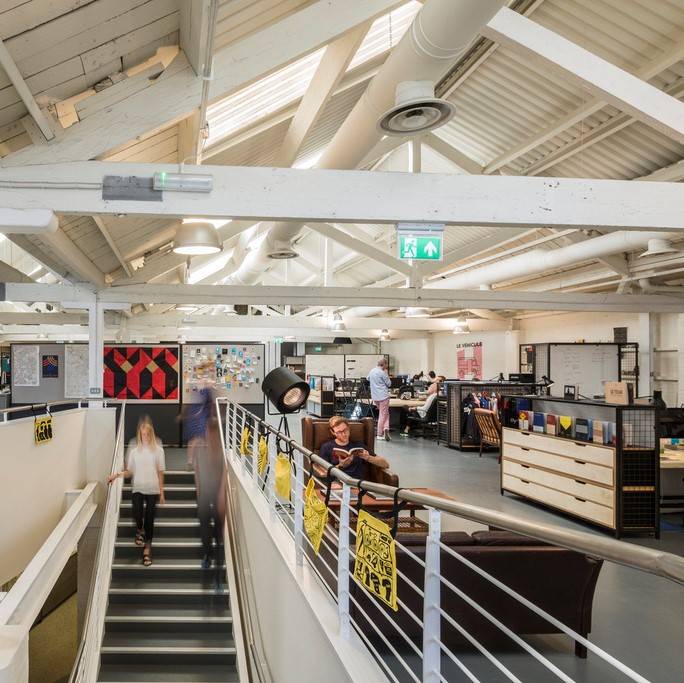
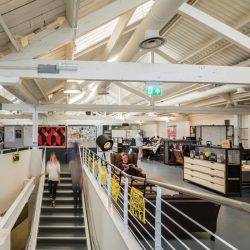


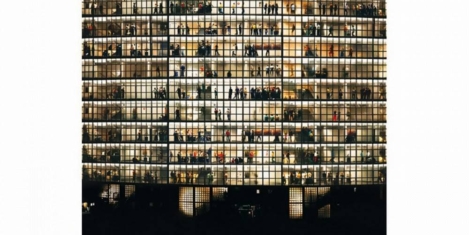
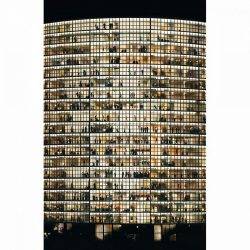
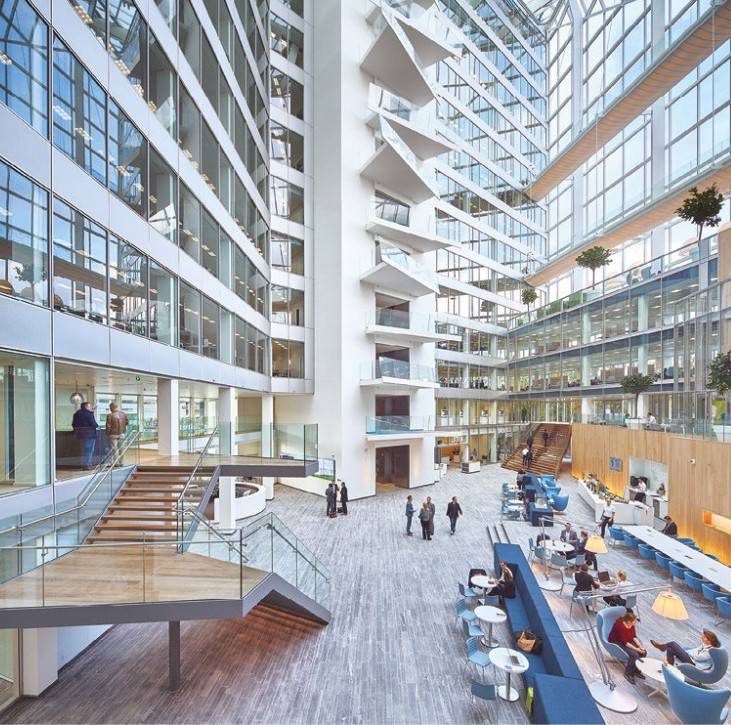
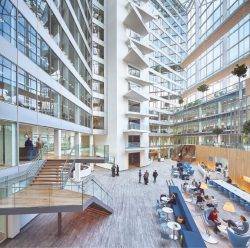 The creative team behind the development of the world’s most sustainable building – The Edge in Amsterdam – has announced the launch of a real estate technology company. EDGE Technologies, launched by OVG Real Estate CEO Coen van Oostrom will focus on creating a new generation of buildings which feature the latest innovations in sustainability and wellbeing. Whereas parent company OVG is focussed exclusively on the development of its existing portfolio, EDGE Technologies will focus on both the development and the long-term operations of this new generation of buildings, aiming for a cohesive experience across cities. Each EDGE building will be built and operated on the same technology platform and offer consistent user-centred design, created to serve the needs of today’s fast-changing and demanding workforce. To help achieve this the new company is launching a product that will capture and aggregate data across its properties in order to optimize, measure and inform both the user experience and the building’s environmental performance.
The creative team behind the development of the world’s most sustainable building – The Edge in Amsterdam – has announced the launch of a real estate technology company. EDGE Technologies, launched by OVG Real Estate CEO Coen van Oostrom will focus on creating a new generation of buildings which feature the latest innovations in sustainability and wellbeing. Whereas parent company OVG is focussed exclusively on the development of its existing portfolio, EDGE Technologies will focus on both the development and the long-term operations of this new generation of buildings, aiming for a cohesive experience across cities. Each EDGE building will be built and operated on the same technology platform and offer consistent user-centred design, created to serve the needs of today’s fast-changing and demanding workforce. To help achieve this the new company is launching a product that will capture and aggregate data across its properties in order to optimize, measure and inform both the user experience and the building’s environmental performance. 

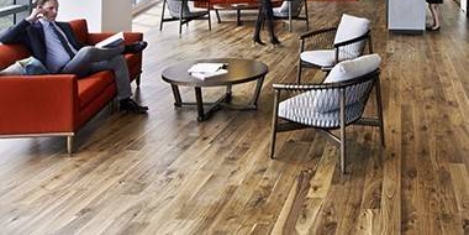
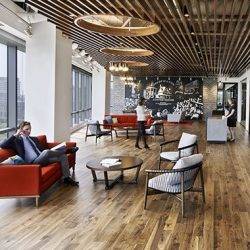 Financial services organisations are reducing the amount of commercial office space they require as they adopt more flexible work styles. This is according to a new report from HOK’s US team,
Financial services organisations are reducing the amount of commercial office space they require as they adopt more flexible work styles. This is according to a new report from HOK’s US team, 


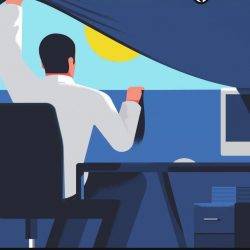

















February 16, 2018
Pearls of elemental wisdom about workplace design and management
by Mark Eltringham • Comment, Facilities management, Workplace design
More →